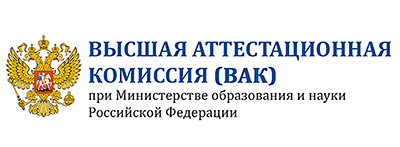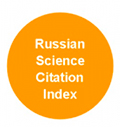A demographic perspective on gender, family and health in Europe
Review of the book «A demographic perspective on gender, family and health in Europe»
Abstract
The book is concerned with the mutual influence of family forms and health in different age groups (and in different generations, since during the last few decades young people have been experimenting with new? different? family forms). The book consists mainly of a meta-analysis of various quantitative studies comparing people’s health and family forms in different European countries. The conclusions are rather unexpected: the worst health is to be found among single mothers and mothers of many children, irrespective of the quality of their relationship with their children. The health disadvantage for cohabiting women is less significant. The health of married mothers of 1-2 children is the best, until it deteriorates at older ages due to the necessity of caring for an ill partner. The health of childless women without a partner differs little from the latter group, and at older ages is even better. Men get health advantages from new family forms, especially when cohabiting and at a young age.
Downloads
References
Doblhammer G., J. Gumа, I. Buber-Ennser, G. Di Gessa, V. Egidi, D. Georges, P. Giannantoni, D. Hanappi, K. Hank, I.E. Kotowska, D. Kreft, A. Oksuzyan, L.Sz. Oláh, S. Peters, P. Rattay, R. Richter, D. Rizzuto, A. Steinbach, C. Tomassini, E. von der Lippe, A.-K. Welmer (2018). A demographic oerspective on gender, family and health in Europe / G. Doblhammer, J. Gumа, eds. Springer Open. 302 p.
Giddens A. (2009). Sociology (6th edition). Cambridge, UK. 1194 p.






















